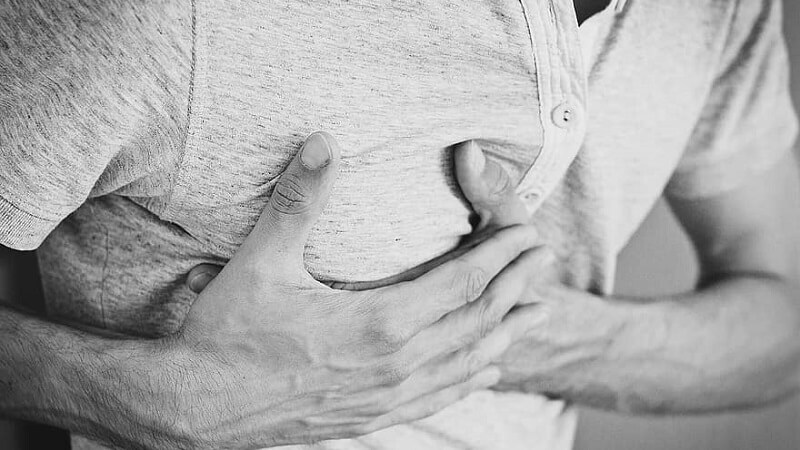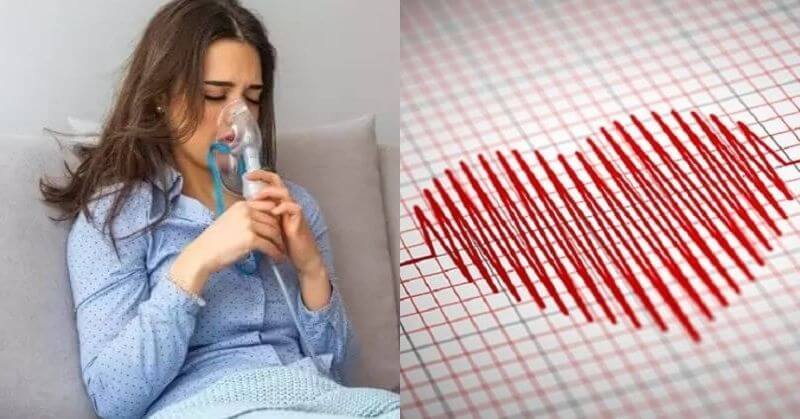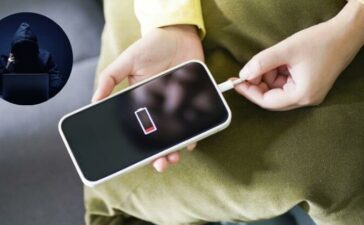When a person is infected with COVID-19, the patient’s heart is directly in the line of fire. The SARS-CoV-2 virus has been shown to cause damage to the vascular system. Here’s why you should protect your heart and how you can do it.
COVID-19 infection wears off in most cases within weeks by day 14. A person is considered healed whether he or she can walk out of the hospital or resume normal activities after the 14-day home isolation or home quarantine. However, COVID-19 infection has been linked to several clinically relevant cardiovascular events known as Post-COVID Syndrome or Long COVID.

COVID-19 is a vascular disease, according to a study published in the journal Circulation Science, which demonstrated how the SARS-CoV-2 virus affects and attacks the vascular system on a cellular basis. According to Uri Manor, an assistant research professor at the Salk Institute in California. COVID-19 is a vascular disease. This is the reason why some people have strokes, and others have problems with other areas of their bodies. They all have vascular underpinnings, which is something they all have in common.
According to the US Centre for Disease Control and Prevention (CDC), long COVID will affect someone who has had COVID-19, even though the illness was mild or no symptoms. Many patients in the United States have registered symptoms ranging from shortness of breath, brain fog that makes it difficult to concentrate, anxiety, and stress are all symptoms of asthma, fatigue, etc.

The Centre for Disease Control and Prevention (CDC) began monitoring these problems, and according to the CDC, more than a third of those who tested positive did not return to their normal state of health two to three weeks later.
Physicians now know that there may be long-term damage to the lungs and the heart, immune system, brain, and other organs, following COVID. Even in people who only had moderate COVID-19 symptoms, tests taken months after recovery revealed long-term damage to the heart muscle.
COVID-19 can cause blood cells to clump together and form clots. Although large clots can trigger heart attacks and strokes, small clots that block tiny blood vessels (capillaries) in the heart muscle are thought to be the source of much of the heart damage caused by COVID-19.

If you have a patient in your family who has overcome COVID, make sure you take him or her in for a complete health check-up later. Make sure your heart health is checked as well. Ascertain that everyone around the patient and the patient himself adheres to all COVID precautions.
As a result of the public’s fear of visiting medical facilities during the early stages of the COVID-19 pandemic, there was a significant rise in heart attacks and strokes in the population. Pre-existing cardiovascular disease has also been established as an essential risk factor for COVID-19-related disease incidence and mortality. It’s also unclear if this would lead to chronic cardiovascular disease. Patients with numerous unrelated symptoms should be closely monitored in the months ahead, according to doctors.
It is essential to take care of ourselves, considering the surge in the cases. Always wear a mask while going out, take all the necessary precautions, and maintain social distancing. Be vigilant of all the essential things!
Follow Us: Facebook | Instagram | Twitter |
Entertales is on YouTube; click here to subscribe for the latest videos and updates.














